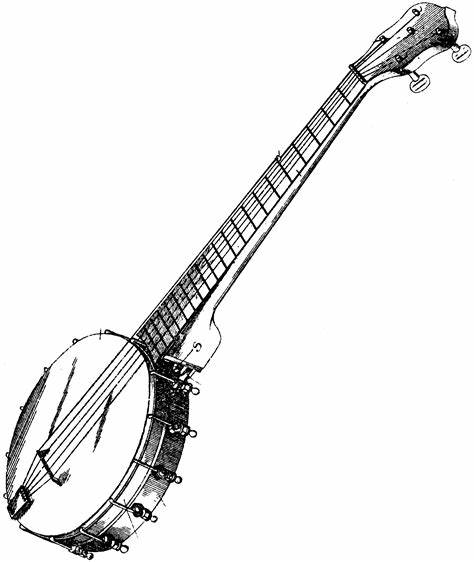
The history of the folk banjo, distinct from its commercial iterations, remains under-explored, especially when we consider its cultural significance and origins. A fundamental question looms over this inquiry: Did the banjo originate in the United States, as was widely believed for decades, or did it find its roots in Africa? Unfortunately, this question lacks definitive answers due to a shortage of incontrovertible evidence. Various assumptions and theories exist, but they often rely on isolated sources that merely indicate the banjo's existence without providing a comprehensive understanding of its continuity and distribution.
To accurately trace the banjo's history, we need a robust collection of documents that demonstrate its persistent presence in the New World over an extended period and across diverse regions. Such evidence would help dismantle the myths and legends that have clouded the narrative, leading to conflicting statements in the literature. Any serious attempt to clarify the history of the banjo must also confront these enduring legends.
Understanding how these myths took hold requires us to examine the broader social issues that shaped them. Two significant forces have influenced banjo literature since the eighteenth century: the struggle against slavery and the rise of evangelical religion.
The stereotype of the "happy slave," often portrayed as carefree and strumming a banjo on plantations, was ingrained in the minds of English audiences long before 1800. However, this stereotype was not limited to the American South; it often extended to the West Indies as well. Pro-slavery writers in England, the West Indies, and the United States perpetuated this stereotype, accepting it as a reflection of reality while viewing musical talent as compatible with an inherent inferiority. This narrative dehumanized black individuals and used their musical abilities to justify their oppression.
While there may have been elements of truth in the cultural expressions of enslaved individuals, the simplistic portrayal of the "happy slave" serves to obscure the brutal realities of their lives. For those with no firsthand experience of plantation slavery, disentangling truth from falsehood is a significant challenge. Abolitionists, motivated by a commitment to justice and equality, rightly rejected this stereotype as a blatant misrepresentation.
Ironically, pro-slavery narratives frequently leaned on distorted evidence to uphold racist ideologies. As we engage with the history of the folk banjo, it is crucial to confront these myths and understand the social dynamics that have influenced its narrative. By doing so, we not only honor the contributions of black musicians and their cultural legacy but also work towards dismantling the systemic racism that has long plagued our understanding of music history.
The journey toward an accurate and inclusive understanding of the folk banjo is essential. It allows us to appreciate its origins, the resilience of the communities that shaped it, and the powerful role music has played in both oppression and liberation. Embracing an antiracist perspective on the banjo’s history encourages us to celebrate its rich cultural heritage while acknowledging the struggles that continue to inform our present.

LEAVE A REPLY